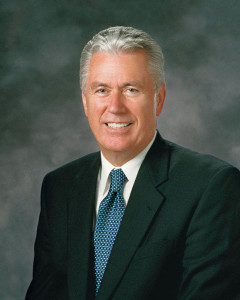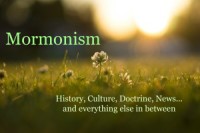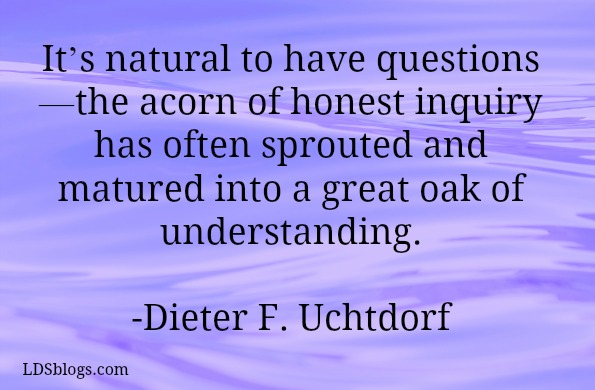This article was previously published on Latterdaysaintwoman.com
To start off my now-public research into my personal gospel questions, I decided to actually research the subject of questions. Each question I ask will continue to grow answers as I research. I may add to current answers or I may start a new article with subtopics as I go. I tend to flit in my questions, so you’ll see me wander between questions, depending on where my mind is at the moment.
My first question: How does the Church feel about asking questions? I think I have a pretty clear answer in my mind at this point on that particular subject, but I want to verify that I have it right.
What I think: I believe we are free to have and to ask questions and even to have and to express doubts. However, we have to be responsible in the way we cope with those questions and doubts. We don’t have a moral right to damage the testimonies of others. We don’t have a right to build an army around our doubts, disagreements, and questions. We don’t have a right to refuse to resolve those doubts, disagreements, and questions without facing eternal consequences. When we have issues, we need to work on them, and do so responsibly, with a goal of eventually trusting God.
Quotes on the subject of Mormon Questions:
 I begin my studies with scriptures and with the words of our leaders. Since I’m at my computer and not at my scripture study desk at the moment, I’m going to start by searching for some leader guidance on the subject.
I begin my studies with scriptures and with the words of our leaders. Since I’m at my computer and not at my scripture study desk at the moment, I’m going to start by searching for some leader guidance on the subject.
Come, Join with Us, By President Dieter F. Uchtdorf, October 2013
I think this is one of the most significant articles on this subject in recent times. President Uchtdorf very clearly addresses the problem of questions and doubts. Here are a few parts of the talk I really like (Click on the talk title to get to the entire talk.)
In this Church that honors personal agency so strongly, that was restored by a young man who asked questions and sought answers, we respect those who honestly search for truth. It may break our hearts when their journey takes them away from the Church we love and the truth we have found, but we honor their right to worship Almighty God according to the dictates of their own conscience, just as we claim that privilege for ourselves.
President Uchtdorf agrees that church history could raise a few questions. After all, we’ve been around a long time. Anything (even our country) could have a few things happen in that length of time that might create problems. Sometimes questions come from disagreeing about what something means. And sometimes they are just the result of God not giving us all the answers yet–but they will make sense when He explains them. And sometimes questions are the result of imperfect people causing them–but we know there has only been one perfect person.
President Uchtdorf thinks it’s fine to ask questions. It’s what we do with those questions that decides the eternal impact of them:
It’s natural to have questions—the acorn of honest inquiry has often sprouted and matured into a great oak of understanding. There are few members of the Church who, at one time or another, have not wrestled with serious or sensitive questions. One of the purposes of the Church is to nurture and cultivate the seed of faith—even in the sometimes sandy soil of doubt and uncertainty. Faith is to hope for things which are not seen but which are true.
Therefore, my dear brothers and sisters—my dear friends—please, first doubt your doubts before you doubt your faith. We must never allow doubt to hold us prisoner and keep us from the divine love, peace, and gifts that come through faith in the Lord Jesus Christ.

To read more articles by Terrie Bittner, please click here.
One good thing that has come from all this complication lately is that we’re beginning to understand questions better. While there have always been some people who incorrectly thought that having questions was the same thing as not having a testimony of the gospel overall, and that questions should be suppressed, that has never been an official church teaching. Now, we’re beginning to talk about that more. More people will come to understand that questions are good–if you use them as a starting place for building your testimony.
The late Terrie Lynn Bittner—beloved wife, mother, grandmother, and friend—was the author of two homeschooling books and numerous articles, including several that appeared in Latter-day Saint magazines. She became a member of the Church at the age of 17 and began sharing her faith online in 1992.


